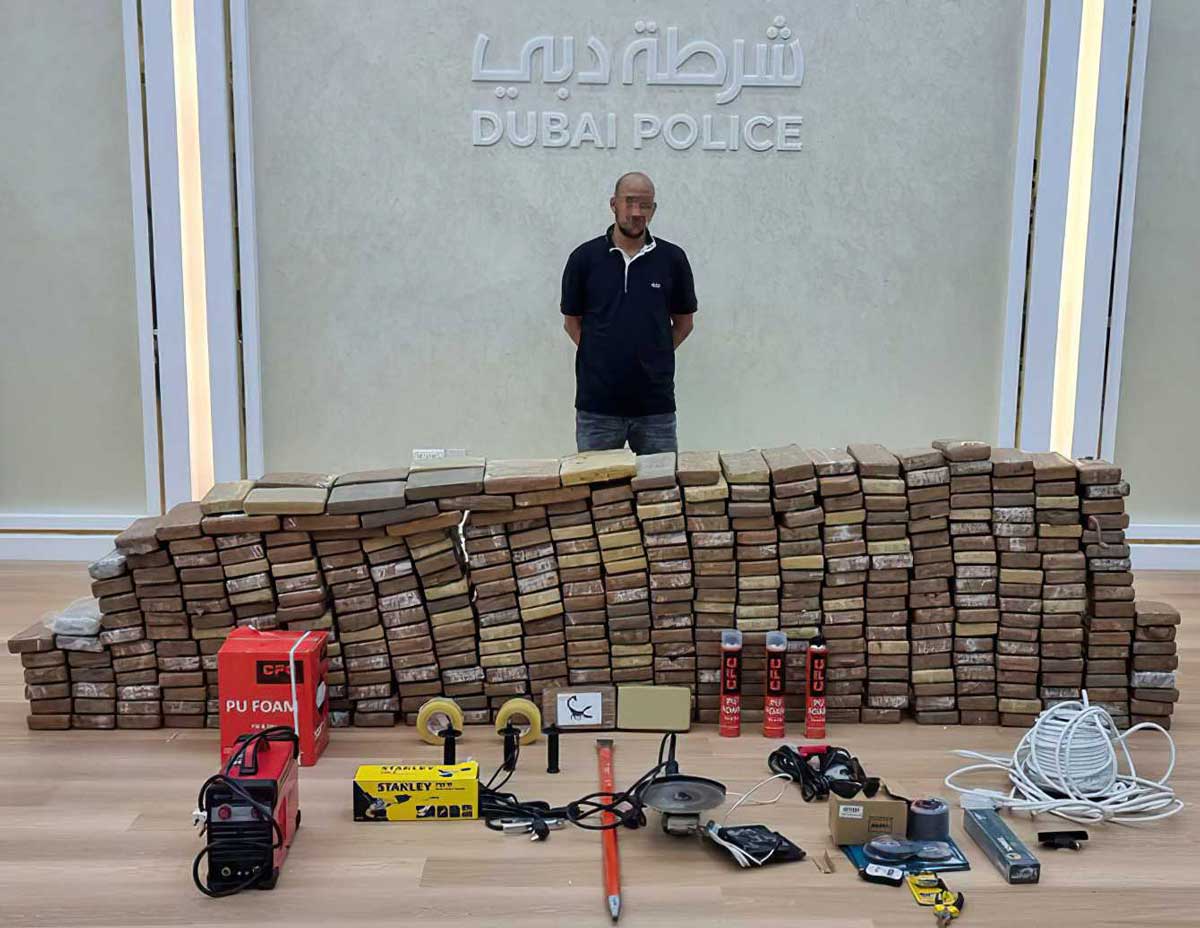Are Drugs Illegal In Dubai?

Dubai, known for its stunning skyscrapers and luxurious lifestyle, is also recognized for its strict laws, especially concerning drug-related offenses. Understanding the legal landscape surrounding drugs in Dubai is crucial for residents and visitors alike. This article delves into the complexities of drug laws in Dubai, the consequences of drug offenses, and the societal implications of these regulations.
Quick Info Table
| Aspect | Details |
|---|---|
| Legal Status of Drugs | All drugs, including recreational substances, are illegal. |
| Penalties for Possession | Minimum 4 years imprisonment for possession of controlled substances. |
| Decriminalization | No decriminalization for small quantities. |
| Legal Drugs | Certain medications require prescriptions. |
| Drug Testing | Random drug tests are conducted, especially for drivers. |
The Legal Framework
Overview of Drug Laws in Dubai
Dubai adheres to a strict zero-tolerance policy regarding drugs. The United Arab Emirates (UAE) has a comprehensive legal framework that criminalizes the possession, trafficking, and use of all narcotics. This includes not only illicit drugs like cocaine and heroin but also certain prescription medications that are controlled substances in the UAE.
In Dubai, drug laws are enforced vigorously, with law enforcement agencies conducting regular inspections and raids. The legal system categorizes drugs into different classes, and penalties vary based on the type and quantity of the substance involved.
Categories of Drugs
The UAE government classifies drugs into two categories: controlled substances and prohibited substances. Controlled substances may include medications that require a prescription for legal use. On the other hand, prohibited substances are strictly illegal and carry severe penalties if found in possession.
Furthermore, even trace amounts of drugs can lead to serious legal consequences. For instance, possession of a few grains of cannabis can lead to imprisonment, heavy fines, and deportation.
Penalties for Drug Offenses
Possession and Trafficking
In Dubai, the penalties for drug possession are stringent. Possession of any illegal drugs, regardless of quantity, can result in a minimum of four years of imprisonment. For larger quantities or trafficking, penalties can escalate to life imprisonment or even the death penalty in extreme cases.
Moreover, individuals caught with drugs may also face hefty fines and deportation after serving their sentences. The severity of these penalties underscores the serious approach that Dubai takes toward drug-related offenses.
Drug Testing and Enforcement
To maintain its stringent drug laws, Dubai employs random drug testing, particularly for individuals in sensitive positions, such as those holding driving licenses. Testing positive for drugs can lead to immediate legal action, including fines and potential jail time.
Legal Implications for Tourists
Tourists must also navigate these laws carefully. Ignorance of the law is not accepted as an excuse in Dubai, and visitors caught in possession of drugs will face the same legal consequences as residents. This situation emphasizes the need for travelers to be aware of the laws before visiting.
Societal Perspectives on Drug Use
Cultural Context
The UAE's approach to drug laws is deeply rooted in its cultural and religious values. The country emphasizes the importance of family and societal well-being, viewing drug use as a threat to both. As a result, the community largely supports strict drug laws, believing they help maintain public order and safety.
Rehabilitation and Support
Despite the strict legal framework, the UAE government has also initiated rehabilitation programs for drug offenders. These programs aim to support individuals in overcoming addiction, emphasizing that the government recognizes drug abuse as a public health issue, not solely a criminal one.
Alternative Perspectives
Calls for Reform
While many support the strict drug laws in Dubai, there are voices advocating for reform. Critics argue that decriminalizing certain substances, particularly for personal use, could lead to better public health outcomes and reduced stigma for those struggling with addiction.
Proponents of reform suggest that a focus on education and rehabilitation, rather than punishment, could be more effective in addressing drug-related issues. However, such discussions remain complex, given the cultural and legal landscape of the UAE.
Global Comparisons
Comparing Dubai's drug laws with those of other countries highlights significant differences. In some nations, such as Portugal, decriminalization has led to decreased drug-related harm and lower rates of addiction. However, transitioning to a similar model in Dubai would require substantial shifts in cultural and legal attitudes.
Conclusion
In summary, drug laws in Dubai reflect the city's commitment to maintaining public safety and social order. The strict penalties for possession and trafficking serve as a deterrent to drug use, while rehabilitation programs indicate a recognition of the complexities surrounding addiction.
As Dubai continues to evolve, the ongoing dialogue about drug laws and their societal implications remains essential. For both residents and visitors, understanding these laws is crucial to navigating life in this vibrant city. Ultimately, awareness and education about drug-related issues can help foster a safer community and promote a healthier society.
As you plan your visit or life in Dubai, remember the importance of adhering to local laws and respecting cultural values. By doing so, you can enjoy the rich experiences the city has to offer while contributing to its commitment to a drug-free society.



Comments ()